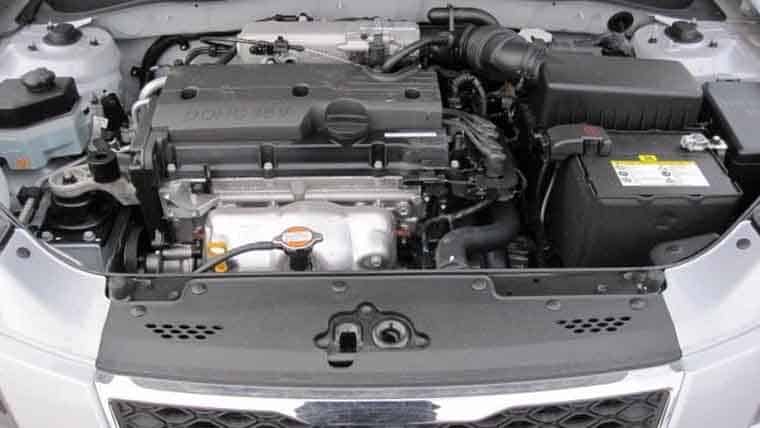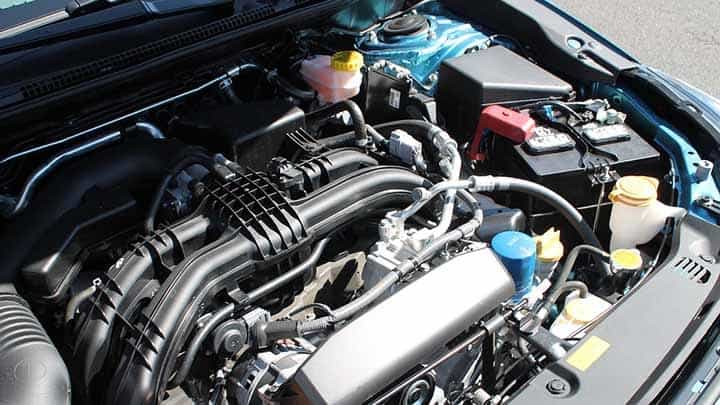Last Updated on May 5, 2019 by themechanic

When you see a big truck on the interstate that is emitting dirty black smoke from its exhaust pipes, you can assume it has a diesel engine in it. Black smoke is terrible for the environment and for the air that we breathe in every day. But what you may not realize is that black smoke is just as harmful as the transparent carbon emissions produced by gasoline engines. The only difference is that people can see the black smoke, so they tend to panic more over it.
Black smoke used to be worse up until 30 years ago because virtually all diesel trucks back then discharged endless amounts of it. Fortunately, there have been some advancements in diesel engine technology which have reduced the amount of black smoke produced. The biggest innovation in this technology is the common rail diesel engine. This type of diesel engine does not emit that much black smoke at all. If it does, it means there’s a problem somewhere in the engine. This problem may weaken the fuel economy of your vehicle if it is not addressed fast enough.
Common Causes
If you want to reduce black smoke, the first thing you should do is make sure you have a common rail diesel engine in your vehicle. That way, you’ll always know when there is a problem with your engine because the black smoke will be an indicator. The next thing you must do is figure out the cause of the black smoke. To say it’s “the engine’s fault” is too broad a conclusion. What specifically is wrong with the engine or one of its corresponding components that is causing the black smoke?
Below are the top 3 possible causes to help you pinpoint the reason:
1) Bad Fuel Injector
There may be a problem with your fuel injector or some other component of the fuel delivery system. Check the timing of the fuel injectors and the condition of the exhaust gas recirculation system. Sometimes the EGR valve will go bad and require a replacement. Other times, the fuel injectors may be clogged which means the necessary amount of fuel is not getting into the engine on time. This kind of thing can mess up the combustion process, resulting in black smoke. So, fix these issues and the black smoke should go away.
2) Dirty Air Filter
When you see black smoke coming out of the exhaust pipes, the diesel fuel may not be getting burned completely. In a normal situation, the diesel engine burns everything in the chamber and then emits carbon dioxide and water. These two elements should not be visible to the naked eye. But if you don’t have enough air getting compressed by the pistons, then your diesel fuel won’t get burned entirely when it is injected into the air. Remember that hot compressed air is what ignites the fuel. So, if you have a lack of air, then you basically don’t have a sufficient ignition source for the fuel. This partial fuel combustion results in black smoke.
Now the question is, why isn’t enough air entering the engine? The most common reason has to do with the air filter. If you have an old and/or dirty air filter, then it will be difficult for air to pass through it to get to the engine. To fix this problem, you need to replace the dirty air filter with a new one. Then you should see far less black smoke coming out of your exhaust pipes.
Read also:
- Diesel Engine vs Gasoline Engine Comparison
- Common Rail Diesel Engine: Working Principle, Pros and Cons
- Top 5 Duramax Engine Trucks with Good Miles (Fuel Economy)
3) Engine Deposits
In all other cases, the black smoke may be attributed to an older diesel engine with a lot of combustion debris in it. After all, diesel engines do function longer than gasoline engines. But when you consider the crude fuel used in diesel engines, there are no detergents mixed in with diesel fuel like there are in gasoline fuel. That is why deposits form more quickly in diesel engines. In order to remedy this problem, you must place detergent additives in the fuel regularly to eliminate the deposits and reduce the black smoke.


